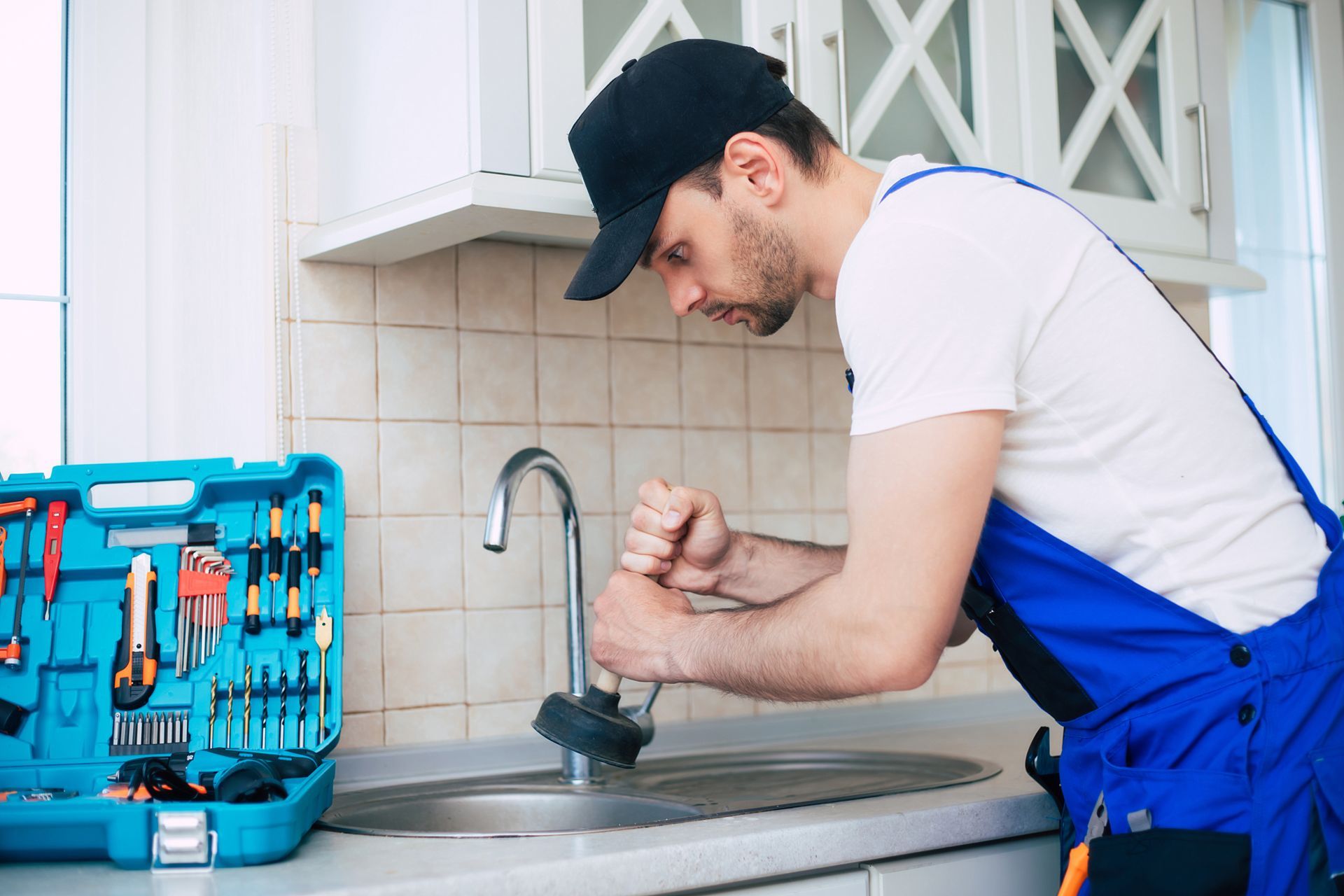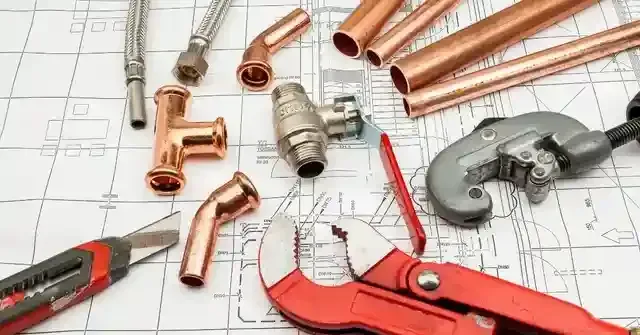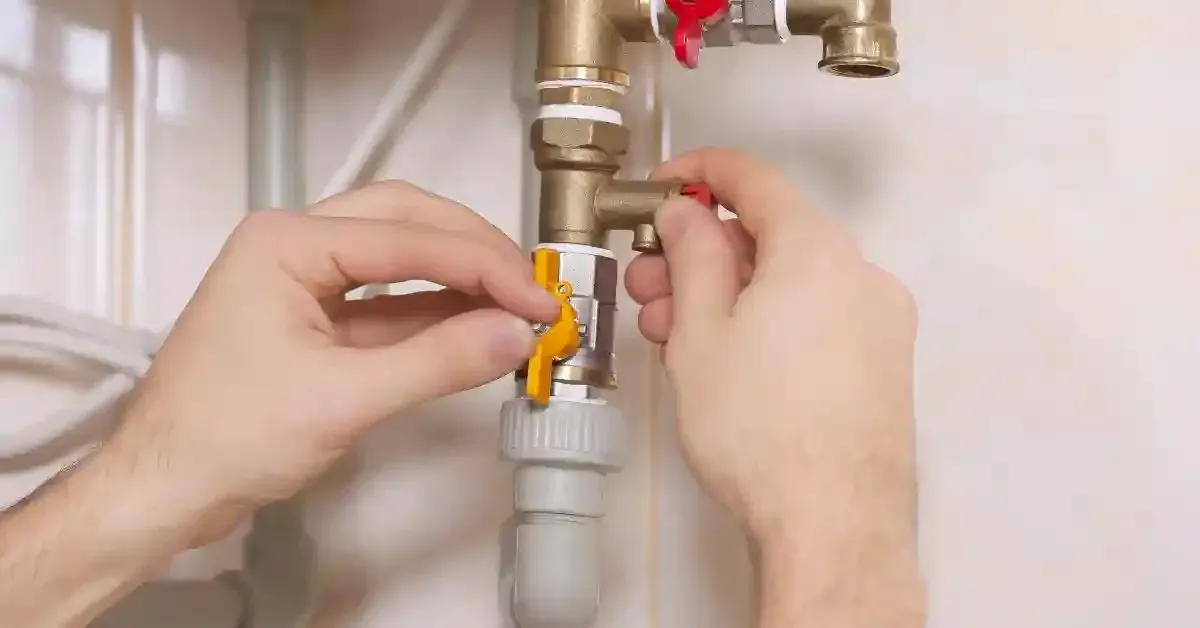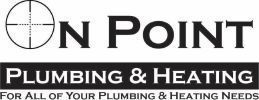Things Your Plumber Wishes You Already Knew
Ever wonder what your plumber’s really thinking during a house call? Chances are, they’ve seen it all—clogged drains from “flushable” wipes, leaky faucets left too long, or DIY fixes that made things worse. Plumbers aren’t just here to fix problems—they’re also hoping you’ll understand a few basics that can save time, money, and a whole lot of stress. At On Point Plumbing & Building, we’ve had plenty of “if only they knew” moments, and this blog is our way of sharing those little nuggets of wisdom. Whether you’re a first-time homeowner or someone who’s just tired of calling the plumber every few months, here’s what we wish more people knew before things go sideways. Let’s make life easier—together.

Stop Flushing These Items Before It’s Too Late
It's easy to think that your plumbing system can handle anything that goes down the toilet, but flushing the wrong items can create massive problems. Products marketed as "flushable," like wipes or sanitary products, don’t break down the way toilet paper does and can lead to serious blockages. Over time, these materials build up in your pipes, causing slow drainage, back-ups, and even expensive repairs. The last thing you want is to deal with a plumbing emergency caused by something that could've been avoided.
To protect your plumbing and avoid costly fixes, make sure everyone in your household knows what’s safe to flush. Stick to flushing only toilet paper and human waste. It’s a simple rule, but it can save you from hours of frustration, inconvenience, and expensive repairs.
Know Your Shut-Off Valve—It Could Save Your Home
One of the most important things to know as a homeowner is where your water shut-off valve is located. This valve allows you to quickly stop the flow of water in case of an emergency, like a burst pipe or a major leak. If you don’t know where it is, a plumbing emergency can quickly escalate into significant water damage to your home, costing you thousands in repairs. By familiarizing yourself with the location and operation of this valve, you can avoid delays in shutting off the water supply and minimize potential damage.
The shut-off valve is usually located near the water meter or where the main water line enters the house. It's a good idea to check it periodically to make sure it's functioning properly.
Call Sooner, Not Later: Don’t Wait for a Bigger Problem
When plumbing issues arise, many homeowners try to ignore them, thinking that the problem will fix itself or that it’s not a big deal. However, putting off repairs usually only makes things worse. A slow drain, for example, could be a sign of a deeper blockage in the pipes that, if left untreated, could eventually lead to a burst pipe. The longer you wait, the more expensive and disruptive the repair can become. Early intervention is key to preventing small issues from escalating into full-blown plumbing disasters.
By calling a plumber as soon as you notice something unusual, you give yourself the best chance to prevent bigger problems down the road. A professional plumber can diagnose the issue early and recommend an affordable, effective solution.
Skip the DIY—Here’s When to Leave It to a Pro
While DIY plumbing projects may seem like a fun challenge, they can quickly turn into expensive and time-consuming mistakes. Plumbing systems are complex, and improper repairs can lead to bigger issues, such as water damage, leaks, and even potential health hazards from mold or mildew growth. Tasks like fixing a leaky faucet or unclogging a drain might seem simple enough, but if done incorrectly, they can create more problems than they solve. In many cases, attempting a DIY fix can void any warranties or insurance coverage, leaving you with higher costs in the long run.
When dealing with more serious plumbing issues, like burst pipes, gas leaks, or significant drainage problems, it’s always best to call in a professional. A licensed plumber has the expertise, training, and tools to handle even the most complicated issues.
Avoid Emergency Fees with Simple Preventative Steps
Plumbing emergencies, such as burst pipes, overflowing toilets, or clogged drains, can be incredibly expensive, especially when they require after-hours service or urgent attention. But many of these emergencies can be prevented with simple, routine maintenance. Regularly checking for leaks, cleaning your drains, and ensuring that your pipes are insulated during colder months can help catch problems before they become full-fledged emergencies. These small steps can save you time and money while preventing the stress of last-minute plumbing disasters.
Additionally, scheduling annual or bi-annual plumbing inspections with a professional can provide an expert's eye on your system, allowing you to spot early warning signs. By being proactive and taking preventive measures, you can avoid emergency situations and the high costs associated with them.
Don’t Ignore That Drip—It’s Costing You More Than You Think
That annoying drip, drip, drip from a leaky faucet may seem minor, but it’s not as harmless as it appears. Over time, even a small leak can waste hundreds of gallons of water, leading to increased water bills and unnecessary environmental waste. More importantly, a leaky faucet could be a sign of a larger problem in your plumbing system, such as worn-out washers or a faulty valve. Ignoring the issue will only lead to more expensive repairs down the line, especially if the leak worsens or causes damage to surrounding areas, like cabinetry or walls.
Fixing a dripping faucet is usually a quick and inexpensive fix, but letting it go could result in more severe consequences. The next time you hear that drip, don’t wait—call a plumber to get it repaired before it turns into a bigger issue.
Schedule Regular Plumbing Checks to Stay Ahead
Just as you maintain your car or your HVAC system, your plumbing needs regular check-ups to stay in good working order. Scheduling annual or bi-annual plumbing inspections with a licensed professional can help catch issues before they become major problems. During a routine inspection, a plumber can assess your system for potential issues, such as leaky pipes, low water pressure, or pipe corrosion, and offer solutions to prevent more significant damage. Catching these problems early can save you from costly emergency repairs and unexpected disruptions in your daily life.
Proactive plumbing maintenance isn’t just about fixing problems—it’s about ensuring that your system runs efficiently for years to come. By investing in regular plumbing check-ups, you’ll extend the lifespan of your pipes and fixtures and reduce the chances of needing expensive repairs.
Ask These Questions Before Hiring Any Plumber
Hiring the right plumber is crucial to ensuring your plumbing issues are resolved effectively and efficiently. Before choosing a plumber, make sure to ask some key questions to verify their qualifications. Start by asking if they are licensed and insured. This is important because a licensed plumber has the necessary training and expertise, while insurance ensures you’re protected in case of any accidents or damage. You should also ask for a written estimate of the job to avoid any surprises when the bill arrives.
It’s also a good idea to ask about the plumber’s experience with the specific issue you're facing. Not all plumbers specialize in the same areas, so ensure the plumber you hire has experience with your specific problem. Don’t forget to ask about any warranties or guarantees they offer on their work.
Conclusion
Plumbing issues may seem like an inconvenience, but by understanding some basic tips and tricks, you can prevent many common problems. Knowing when to call a professional, keeping your system well-maintained, and avoiding costly mistakes can save you both time and money. By following the advice shared here, you'll keep your plumbing running smoothly for years to come.
If you’re dealing with a plumbing issue or simply want to schedule a check-up, don’t hesitate to reach out. On Point Plumbing & Building is here to help with any plumbing or building needs in the Doylestown area.
Call us today at 267-263-7673 to speak with one of our experts or to schedule an appointment!
You might also like
Why Plumbing is a Good Career: From Training to Success




